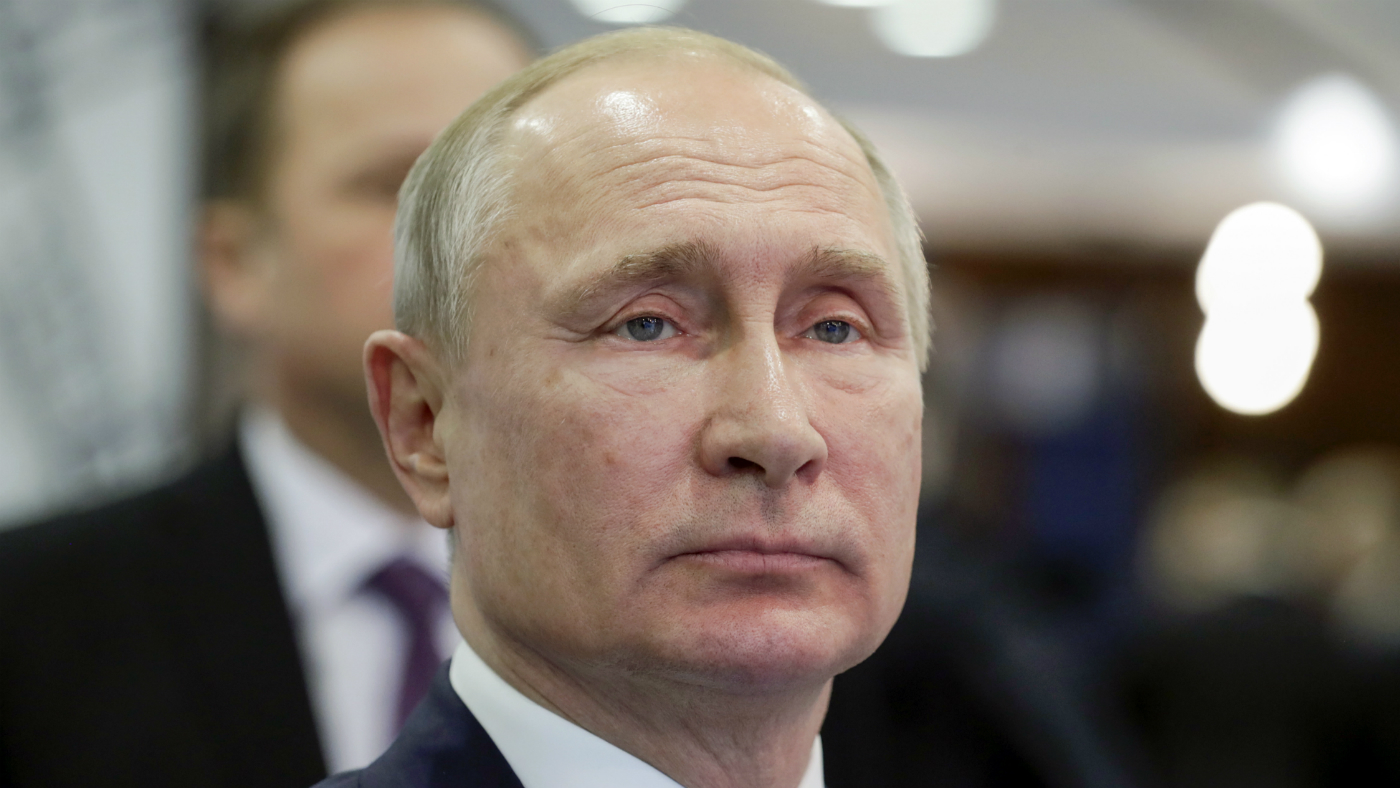How easy is it to meddle in a general election?
Urgent action is needed to protect UK voters from ‘deception’, says new report

A free daily email with the biggest news stories of the day – and the best features from TheWeek.com
You are now subscribed
Your newsletter sign-up was successful
Britain is vulnerable to malicious actors at home and abroad who could interfere with the results of a general election, a new study warns.
Immediate action needs to be taken to reduce the risk of public “abuse and deception”, say the experts behind the Oxford Technology and Elections Commission report.
Lisa-Maria Neudert, lead researcher at the Oxford Internet Institute, said there was growing recognition that “manipulation and propaganda which was only thought to happen in authoritarian regimes can happen in democracies like the UK”.
The Week
Escape your echo chamber. Get the facts behind the news, plus analysis from multiple perspectives.

Sign up for The Week's Free Newsletters
From our morning news briefing to a weekly Good News Newsletter, get the best of The Week delivered directly to your inbox.
From our morning news briefing to a weekly Good News Newsletter, get the best of The Week delivered directly to your inbox.
–––––––––––––––––––––––––––––––For a round-up of the most important stories from around the world - and a concise, refreshing and balanced take on the week’s news agenda - try The Week magazine. Get your first six issues free–––––––––––––––––––––––––––––––
What can be done to stop meddling?
“Regulators, industry and civil society must act in a coordinated way to protect democracy,” says Neudert.
The study calls for the Electoral Commission to verify social media accounts of candidates and campaigners, and for political parties to monitor and archive all digital communications they produce, says The Guardian.
A free daily email with the biggest news stories of the day – and the best features from TheWeek.com
Researchers also say that social media companies like Twitter and Facebook should warn promptly if and when they discover meddling and foreign interference around elections.
“We want social media companies to help us understand why such stories are so widely shared by their algorithms,” said Neudert. “They should be required to release information so we can understand why such disinformation so easily spreads.”
How likely is future interference?
There have been repeated warnings about the possibility of Russian interference in elections. The then prime minister Theresa May warned in 2017 of Russia “planting fake stories” to “sow discord in the West”, the BBC reports.
“Russia has repeatedly violated the national airspace of several European countries and mounted a sustained campaign of cyber espionage and disruption,” she said. “This has included meddling in elections.”
There is little doubt that Russia meddled in the 2016 US presidential election, with the US Special Counsel Robert Mueller concluding that the “Russian government interfered in our election in sweeping and systematic fashion”, says CNN.
The Guardian says there are also ongoing questions about the scale of the impact of microtargeted internet advertising during the EU referendum campaign.
On an LSE blog on the 2016 EU vote, Ewan McGaughey from King’s College London argues that “the extent of Russian-backed fraud means the referendum is invalid”.
And the new study’s authors at Oxford University believe the risk remains today. During the European Parliament election campaign earlier this year, they noted the online spread of “extremist, sensationalist or conspiratorial junk news”.